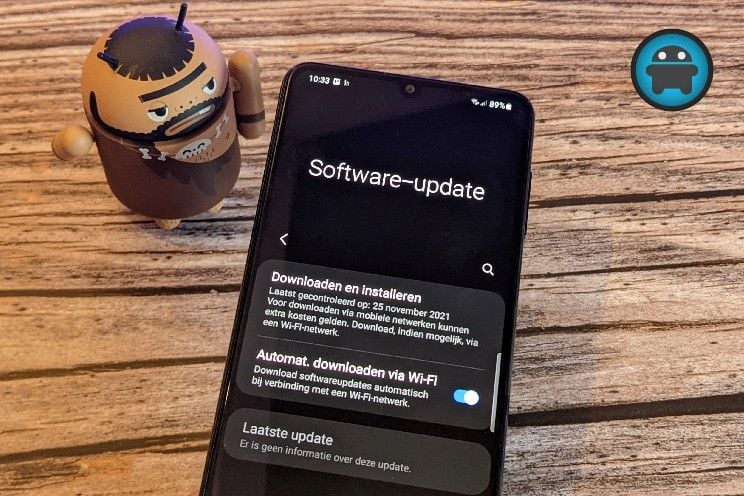Research: news followers are almost not susceptible to fake news
Just read the news every day and you know exactly what is and isn’t fake news. At least, that’s what a study finds.
It is and will be a big problem: fake news. A collective term for misinformation and inaccuracies on the internet. Sharing news quickly on social media can sometimes get you a little lost in what’s true and what isn’t. At least not if you follow the news a bit.
Anti-fake news
For example, Facebook does a lot to label fake news as such, but it seems that there is a good mechanism to combat fake news. That is, just reading the news. MIT conducted a survey in which they measured how sensitive people are to fake news. They did this by asking 1,128 people. By the way, these people had found them through Amazon’s Mechanical Turk.
Fact-checking
Subsequently, a number of headlines and pieces of text were taken from pieces that were labeled as ‘fake news’ via Facebook. These were presented to the persons to be examined. They then left all the pieces to fact-checkers. As it turned out: the fact-checkers and the group to be researched came up with approximately the same results. According to MIT, this made it clear that critical readers do much the same as fact-checkers on a daily basis and that fake news is recognized fairly quickly.
Analytical
Also, a test in political knowledge and the extent to which one can read analytically was presented to both groups, which also showed that a large group of readers has the same level of knowledge and fact-checking as the checkers. However, it became clear that this mainly concerned people who consume a lot of news – usually on a daily basis. From this, MIT concluded that those who read a lot of news also have an above-average eye for fake news.
Of course it is said that the best fight against fake news is not sharing fake news. But yes, the modern internet. (via MIT and Mashable)


